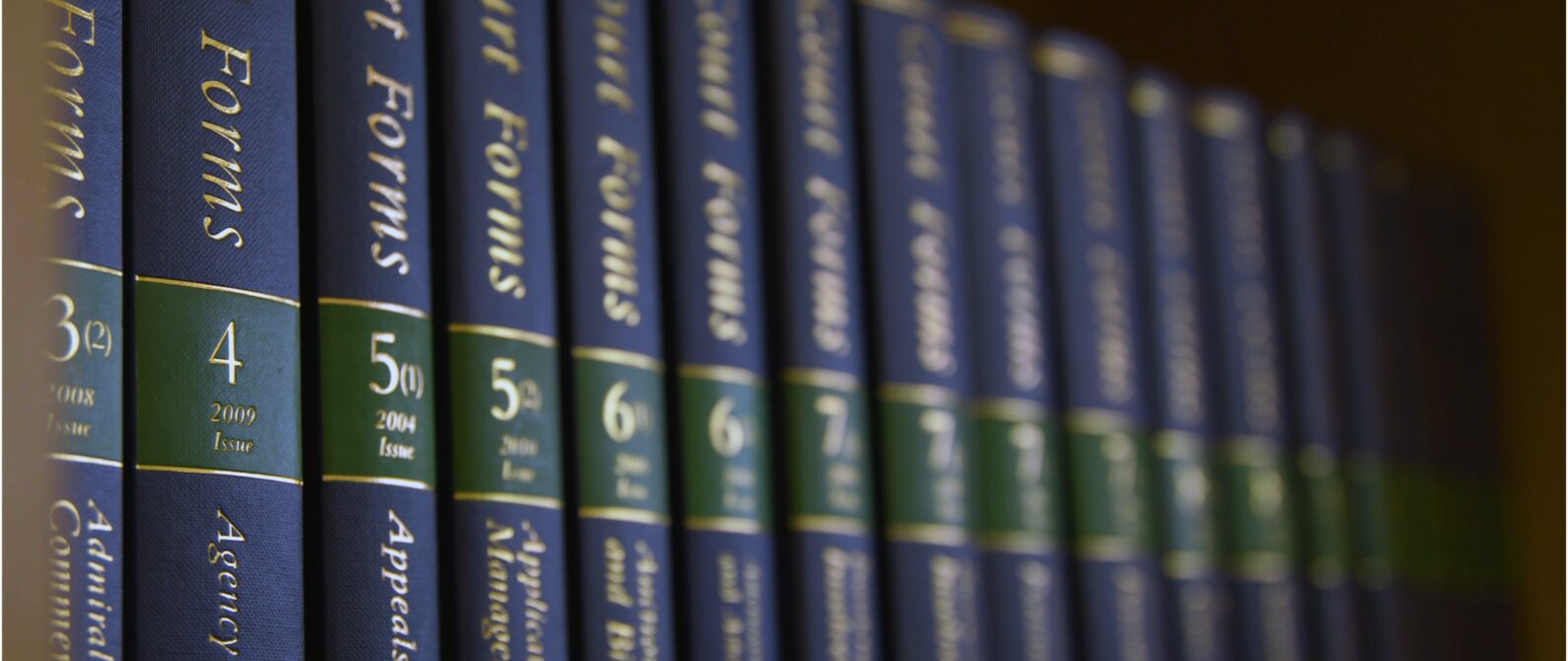
Probate is the legal right to deal with someone’s “estate” – in other words, their property, money (including money owed to them) and possessions – after they die. It ensures the proper administration of their estate according to their wishes, which may or may not be outlined in a will.
There are three main factors to consider before applying for probate:
This article will lead you through everything you need to know about when you need probate, and how you can smooth out issues with getting it.
You ought to contact the deceased’s financial representatives to ask whether probate is required, but generally, it is necessary when the deceased:
Generally, probate is necessary when the deceased:
You may not need probate if:
You should note that banks and financial institutions will set their own rules and limits for probate. This is why it is important to contact them and find out if probate is needed for the release of the asset the deceased held with them.
You can apply for probate if you have been named as an executor in the deceased’s will.
You will need the original copy of that will in order to apply.
It is worth knowing that the executor of the will can only inherit assets (for example, money or property) if they’re also named as a beneficiary in the will.
If the deceased did not leave a will, their closest living relative or whoever is most entitled to do so can apply to become the administrator of the estate. This includes spouses and civil partners (even if they were separated), as well as children over the age of 18 (including legally adopted children, but not stepchildren).
Use the inheritance calculator to work out who the closest relative is if there is no husband, wife, civil partner or children. You cannot apply if you’re the partner of the person but were not their husband, wife or civil partner when they died.
Inheritance tax must be settled before you can apply for probate. It may have to be paid if the estate is valued at more than £325,000, with exceptions if a spouse or civil has inherited it.
Whether inheritance tax needs to be paid is dependent on the deceased’s allowances.
You must know whether or not there is anything to pay before proceeding because it makes up part of the value of the deceased’s estate.
In order to figure out whether or not there is any inheritance tax due, you need to estimate the value of the estate of the person who died and compare it to the allowances available to the deceased…
If there is any inheritance tax due, pay it to the HM Revenue & Customs (HMRC) and wait 20 days before filing an application for probate.
You can apply for probate on GOV.UK and it lists all the necessary documents to have and forms to fill out.
It’s also worth noting that if the value of the estate is less than £5000 then you won’t need to pay a fee to do so, but if it’s more than that you have to pay £300, whether you apply online or by post.
Here at Whitehead Monckton, we are equipped to handle all matters of wills and succession, including probate and administration of estates, matters of contentious probate, and disputes about wills, trusts and estates. We want to assist you if we can – please contact us if you have any queries or concerns.
Here at Whitehead Monckton, we are equipped to handle all matters of wills and succession, including probate and administration of estates, matters of contentious probate, and disputes about wills, trusts and estates. We want to assist you if we can – please contact us if you have any queries or concerns.